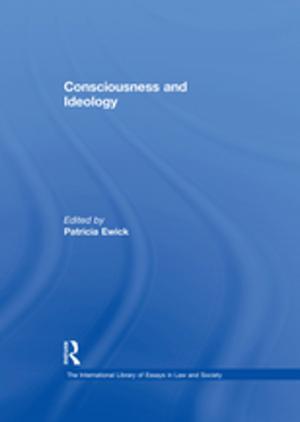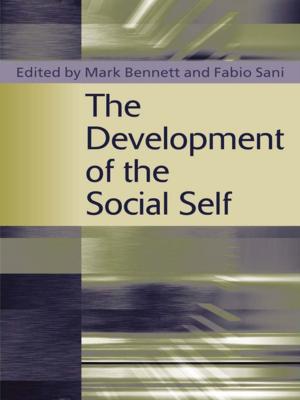| Author: | Julia Konstantinovsky | ISBN: | 9781317138815 |
| Publisher: | Taylor and Francis | Publication: | April 22, 2016 |
| Imprint: | Routledge | Language: | English |
| Author: | Julia Konstantinovsky |
| ISBN: | 9781317138815 |
| Publisher: | Taylor and Francis |
| Publication: | April 22, 2016 |
| Imprint: | Routledge |
| Language: | English |
A revered instructor of the eremitic monks of Nitria, Sketis and Kellia, Evagrius Ponticus is a fascinating yet enigmatic figure in the history of fourth-century mystical thought. This historical and theological re-evaluation of the teaching of Evagrius brings to bear evidence from the Greek and Syriac Evagriana. Focusing on Evagrius' concept of perfection as the acquisition of spiritual knowledge, this book revisits current perceptions of Evagrius's thought and character by comparing and contrasting him with his contemporaries and predecessors, both Christian and pagan. Ideas of the three 'Cappadocians' and the author of the Macariana, as well as Stoic, Neo-Platonic and earlier Christian writers such as Alcinoos, Plotinus, Clement and Origen, are all explored. Konstantinovsky draws attention to a lack of uniformity in the fourth-century views on the origin of the soul, the body-soul relation, and the eschatological destiny of humankind.
A revered instructor of the eremitic monks of Nitria, Sketis and Kellia, Evagrius Ponticus is a fascinating yet enigmatic figure in the history of fourth-century mystical thought. This historical and theological re-evaluation of the teaching of Evagrius brings to bear evidence from the Greek and Syriac Evagriana. Focusing on Evagrius' concept of perfection as the acquisition of spiritual knowledge, this book revisits current perceptions of Evagrius's thought and character by comparing and contrasting him with his contemporaries and predecessors, both Christian and pagan. Ideas of the three 'Cappadocians' and the author of the Macariana, as well as Stoic, Neo-Platonic and earlier Christian writers such as Alcinoos, Plotinus, Clement and Origen, are all explored. Konstantinovsky draws attention to a lack of uniformity in the fourth-century views on the origin of the soul, the body-soul relation, and the eschatological destiny of humankind.















